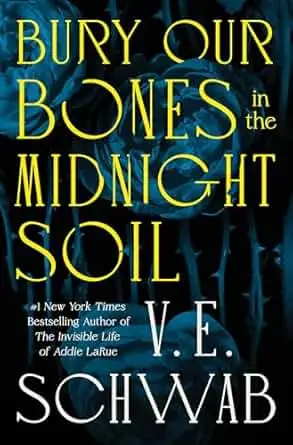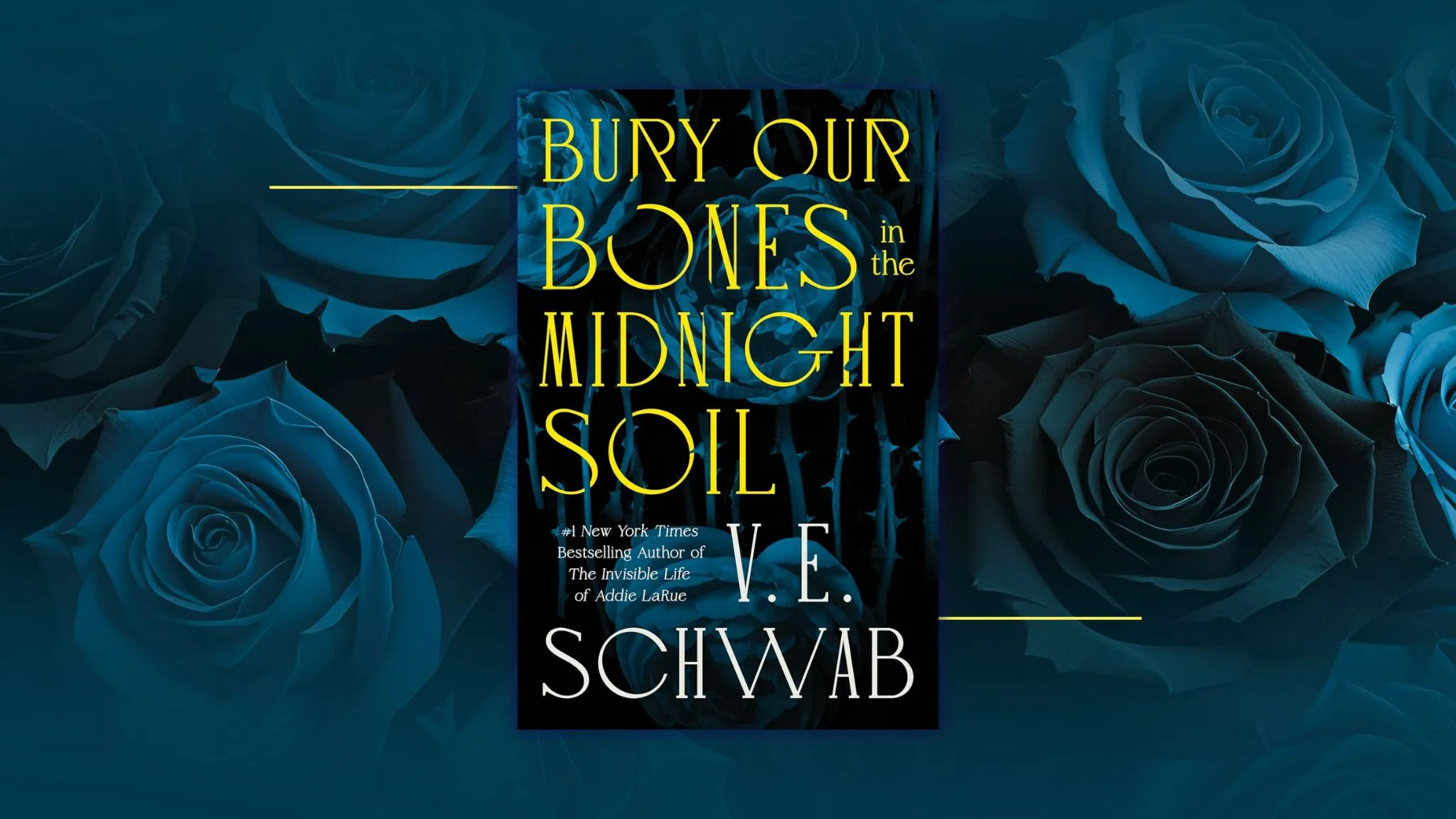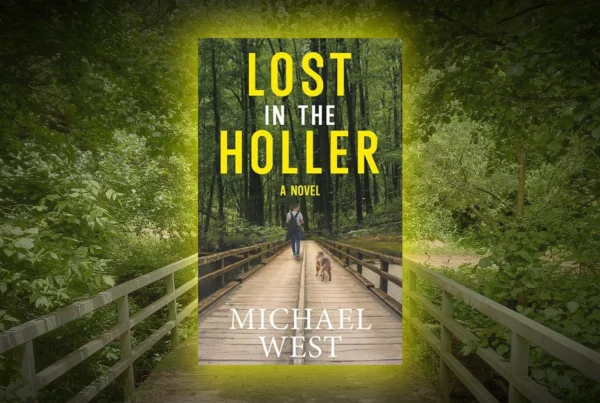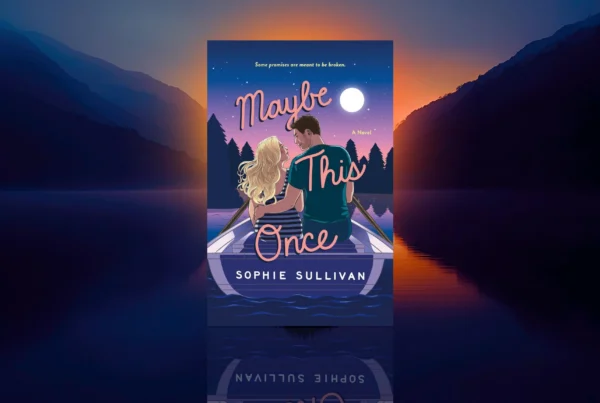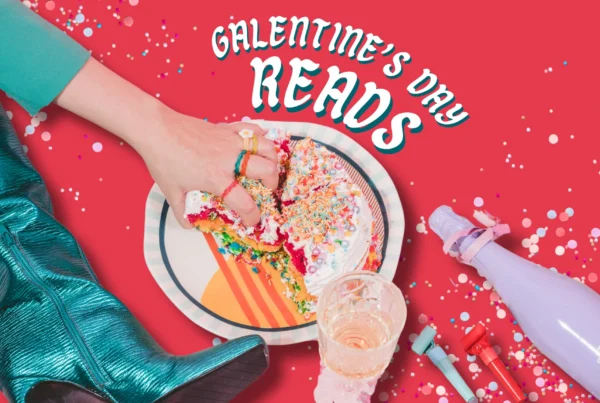Bury Our Bones in the Midnight Soil
In V.E. Shwab‘s latest novel, Bury Our Bones in the Midnight Soil, readers are immersed in a tapestry of voices that echo across centuries, bound by blood, grief, and an almost mythic resilience. We follow three women through the course of the book — María in 1532 Spain, Charlotte in 1837 London, and Alice in modern-day Boston. Each woman bears a burden of secrets, sorrows, and strange inheritances; each reaches, quietly and fiercely, toward autonomy in a world determined to define them.
Every Sentence Feels Like a Spell
Schwab’s signature is on every page: atmospheric prose that floats just above the ground, language that hums like a low cello, and settings that are not so much described as breathed into. The historical periods are rendered not as dusty backdrops but as living organisms — sometimes tender, sometimes cruel — shaping the women as much as they are shaped by them. She draws you in from the first page, the first word and truly transports the reader into the story. This is no easy feat, we’ve all read books that are good but aren’t great. And her ability to truly transport the reader is what makes her books truly unforgettable.
What’s remarkable here is how unapologetically complex these characters are. María’s rage is almost biblical, Alice’s detachment unnerving, and Alice’s cynicism borderline corrosive — and yet, against all odds, we root for them. We root for them because, even at their most selfish or sharp-edged, they are heartbreakingly real. They are not tidy symbols of empowerment, but living, gasping testaments to it. Schwab lets them be unlikeable and loveable in the same breath — a duality that is perhaps the most honest depiction of womanhood I’ve read in some time.
Messy Women Are the Most Honest Ones
This ability to inhabit contradiction speaks to something deeper: Bury Our Bones isn’t just a story about three women — it’s a story about the persistence of women. About how pain becomes memory becomes legacy. About the strange comfort of being haunted by those who came before us, and the terrifying freedom of forging a future they could only imagine. It’s a love letter to the invisible threads that tether generations, and the impossible choice between following them or cutting them clean.
What I’ve failed to mention up to this point, is that we’re dealing with vampires as a part of this story. But I imagine that classification might immediately cloud the judgement of the reader of this review … Immediately bringing you back to the Twilight era. I cannot express this clearer — THIS IS NOT THAT. This is a beautiful book, where vampirism is the mechanism that brings these stories together, brings the book to life (a longer life to be sure) and is a fresh take on the concept. This isn’t Twilight or Dracula, it’s a real look under the hood at the experience of these creatures, their desire to survive and live a full life, and above all their real and raw feelings about love. Very similar to the human experience if you ask me.
This Is Not Your Twilight-Era Vampire Story
Yes, the novel’s pacing falters in places. Alice’s arc, in particular, meanders through the fog a bit too long before finding its footing. And yet, the payoff is there — for those willing to sit with the silence and sift through the shadows. Schwab doesn’t write for those seeking quick catharsis; she writes for readers willing to wade deep, to get their hands dirty in the midnight soil of human experience.
Bury Our Bones in the Midnight Soil is, in the end, a mirror held to the quiet power of endurance. It is about grief, certainly. But more than that, it is about the ways women survive it — beautifully, terribly, and always on their own terms. This is one of my top reads of the year, is a book that I know I will come back to, and I need this book to be buried with me when my time comes.
About V.E. Schwab:
 Victoria “V.E.” Schwab is the #1 New York Times bestselling author of more than twenty books, including the acclaimed Shades of Magic series, the Villains series, the Cassidy Blake series and the international bestseller The Invisible Life of Addie LaRue. Her work has received critical acclaim, translated into over two dozen languages, and optioned for television and film. First Kill – a YA vampire series based on Schwab’s short story of the same name was produced by Netflix. When not haunting Paris streets or trudging up English hillsides, she lives in Edinburgh, Scotland, and is usually tucked in the corner of a coffee shop, dreaming up monsters.
Victoria “V.E.” Schwab is the #1 New York Times bestselling author of more than twenty books, including the acclaimed Shades of Magic series, the Villains series, the Cassidy Blake series and the international bestseller The Invisible Life of Addie LaRue. Her work has received critical acclaim, translated into over two dozen languages, and optioned for television and film. First Kill – a YA vampire series based on Schwab’s short story of the same name was produced by Netflix. When not haunting Paris streets or trudging up English hillsides, she lives in Edinburgh, Scotland, and is usually tucked in the corner of a coffee shop, dreaming up monsters.
(Photo Credit: Jenna Maurice)
